2020: what a year, eh? Anyway, this is a place for talking about books, and I had a good reading year. As usual, I have picked out my favourite dozen and listed them in loose order of enjoyment (though of course I’d recommend them all). What I particularly like is that this selection encompasses many of the different strands of my reading from the year: the Goldsmiths Prize, International Booker, Fitzcarraldo Fortnight, the Republic of Consciousness Book of the Month… They’re all represented in here somewhere.
12. The Blessed Girl (2017) by Angela Makholwa
One of the funniest books I read all year, this is the story of a young black South African woman with the trappings of a successful life and no shortage of suitors to support her. But keeping her lifestyle going is not as easy as it looks, and there’s a poignant undercurrent to the novel that really changes things.
11. Arkady (2018) by Patrick Langley
The tale of two brothers surviving on the margins of an austerity-ravaged Britain in a near future. What really makes this novel work for me is its abstract quality: the broader contours of society are unknown to the brothers, just as they are unknown to it. This makes their relationship leap off the page even more.
10. New Passengers (2017) by Tine Høeg
Translated from the Danish by Misha Hoekstra (2020)
Here’s another novel whose bare summary may not sound much: two characters meet on a train and embark on an affair. But the verse-style prose transforms it, breaking the novel into small pieces just as the protagonist tries to compartmentalise her life, and merging them together just as the parts of the woman’s life refuse to stay separate.
9. Lolly Willowes (1926) by Sylvia Townsend Warner
Laura Willowes grows up indifferent to society’s expectations of women, but is in danger of being consigned to the role of Aunt Lolly. She breaks free of it all in spectacular fashion: by moving to the country to practise witchcraft. This is an exuberant character study that I thoroughly enjoyed reading.
8. Bina (2019) by Anakana Schofield
A restless novel narrated by a restless character: seventy-something Bina, who’s here to warn us – though the full extent of what she has to warn us about about only emerges gradually. This book had affected me deeply by the end, and I still can’t explain exactly how it does what it does.
7. Infinity: the Story of a Moment (2012) by Gabriel Josipovici
Here is another book whose effect on me emerged spontaneously and without warning while reading. Infinity is the account of an Italian composer who comes across as pompous and larger-than-life at first… But later his vulnerability becomes apparent, and we start to feel his intense engagement with existence.
6. Snow, Dog, Foot (2015) by Claudio Morandini
Translated from the Italian by J Ockenden (2020)
It was a strong year for Peirene Press, and this was my favourite: a novel of reality unspooling for an old man in his Alpine cottage, with only his (occasionally talking) dog for company. This is a powerful study of isolation, with the sort of perceptual ambiguity that I love.
5. Earthlings (2018) by Sayaka Murata
Translated from the Japanese by Ginny Tapley Takemori (2020)
After loving Convenience Store Woman a couple of years ago, I was looking forward to this. But that earlier book could not prepare me for Earthlings. Murata’s protagonist may wish for a spaceship to carry her away, but these seemingly childish games have serious and disturbing consequences.
4. Mordew (2020) by Alex Pheby
A rich and indulgent fantasy from Galley Beggar Press. Reading this took me right back to China Miéville’s Perdido Street Station, and the sense that here was a fantasy novel that could go anywhere it wanted. Pheby takes classic fantasy elements, such as a poor boy discovering his destiny, but Mordew is very much its own thing.
3. The Nacullians (2020) by Craig Jordan-Baker
Like Mordew, this novel feels unconstrained by any preconceived notion of what it ‘should’ be like, though this time the novel a family saga. The Nacullians are a family who don’t fit into the traditional family saga, so Jordan-Baker takes his novel apart and rebuilds it around them. The result is exhilarating.
2. The Birds (1957) by Tarjei Vesaas
Translated from the Norwegian by Tørbjorn Støverud and Michael Barnes (1968)
The Ice Palace was high on my list of favourites a couple of years ago, and now it’s joined by The Birds. Vesaas’ novels are so delicately observed. There’s a sequence in the middle of this tale of siblings that will go down as one of the best I’ve read.
1. The Memory Police (1994) by Yoko Ogawa
Translated from the Japanese by Stephen Snyder (2019)
I’ve enjoyed Yoko Ogawa’s work before, but The Memory Police was extra special. The tale of an island where concepts routinely fade from the collective memory, it starts off looking like an allegory of life under authoritarianism and ends up enacting a very personal form of loss. There was no book I read all year that stayed with me as much as this.
***
That’s my round-up of 2020. What have you enjoyed reading this year?
My previous yearly selections of favourite books are all here: 2019, 2018, 2017, 2016, 2015, 2014, 2013, 2012, 2011, 2010, and 2009. I’ll be back on the blog in the New Year, and you can also find me on Instagram, Twitter and Facebook.
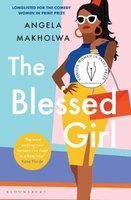
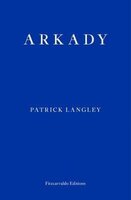
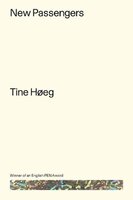
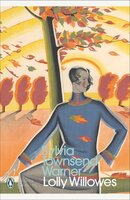
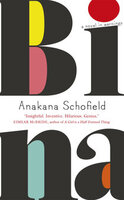
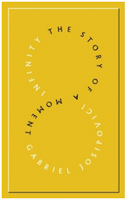
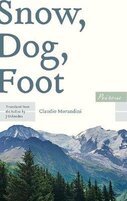
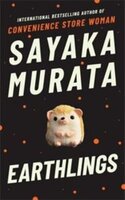
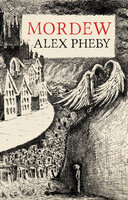
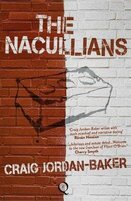
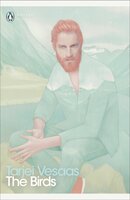
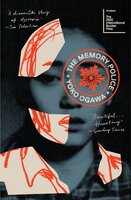
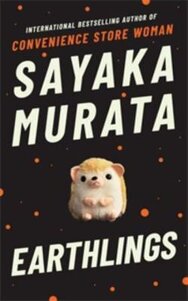
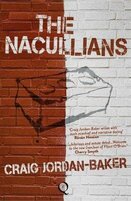
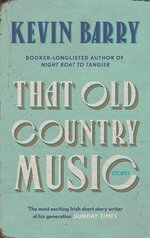
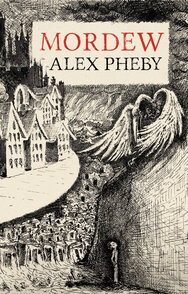
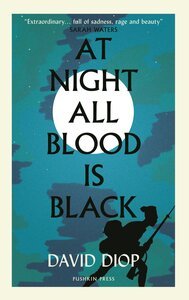
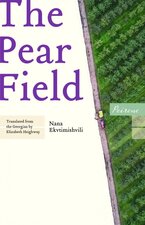
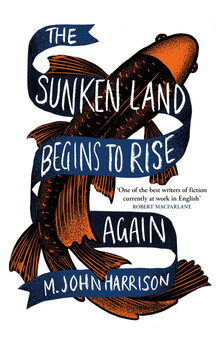
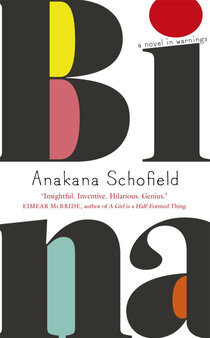
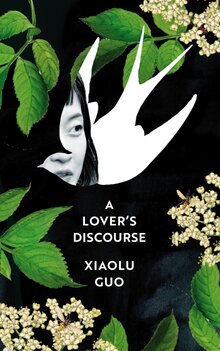
Recent Comments